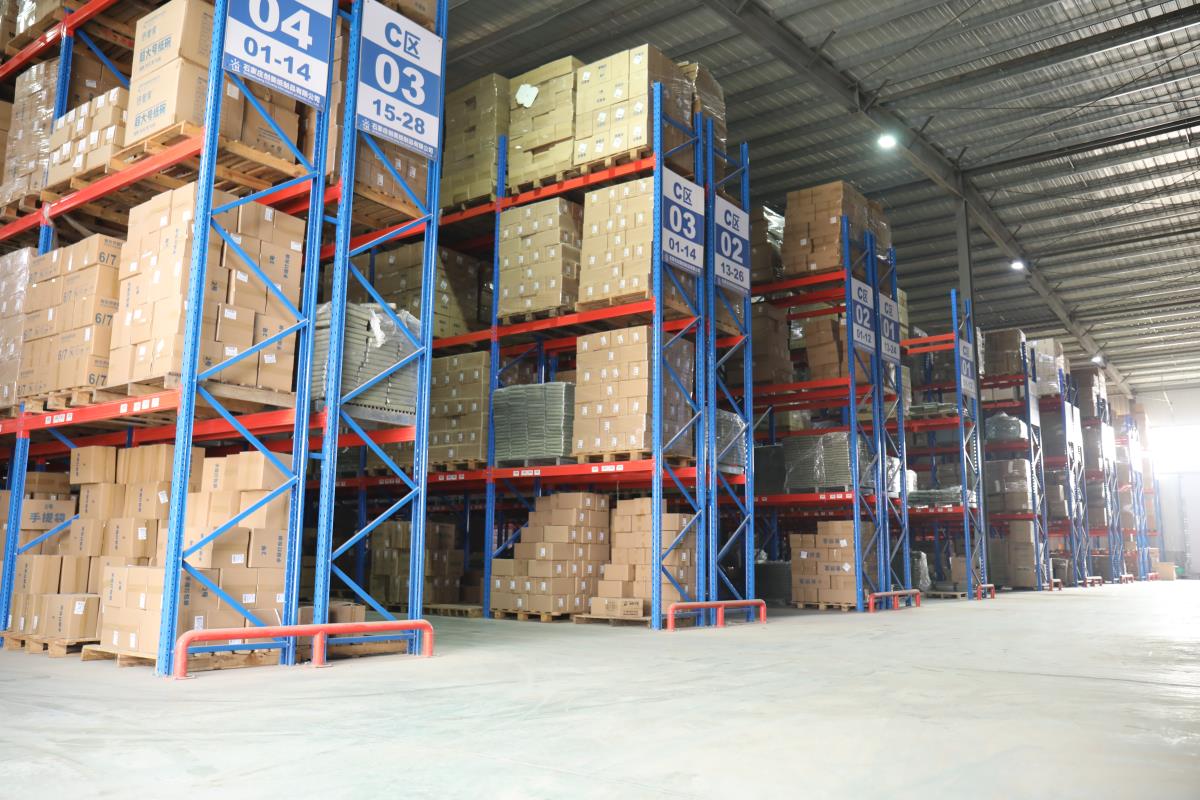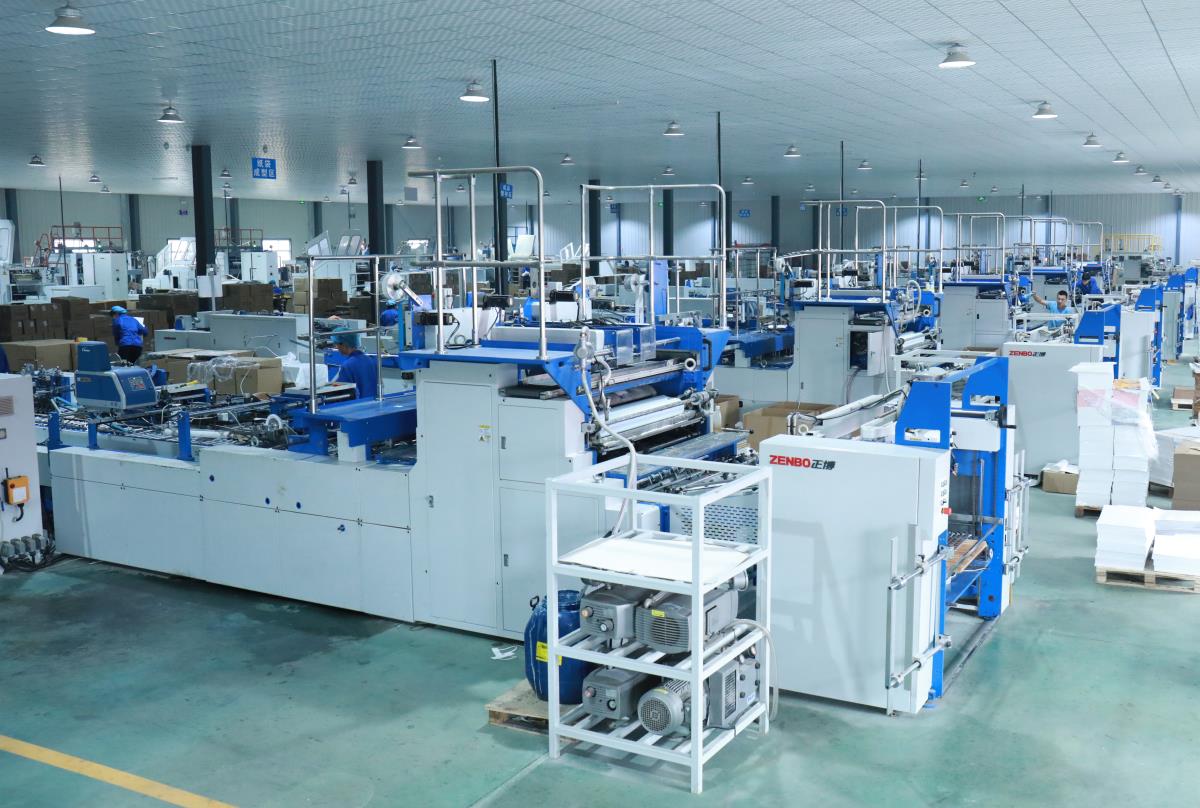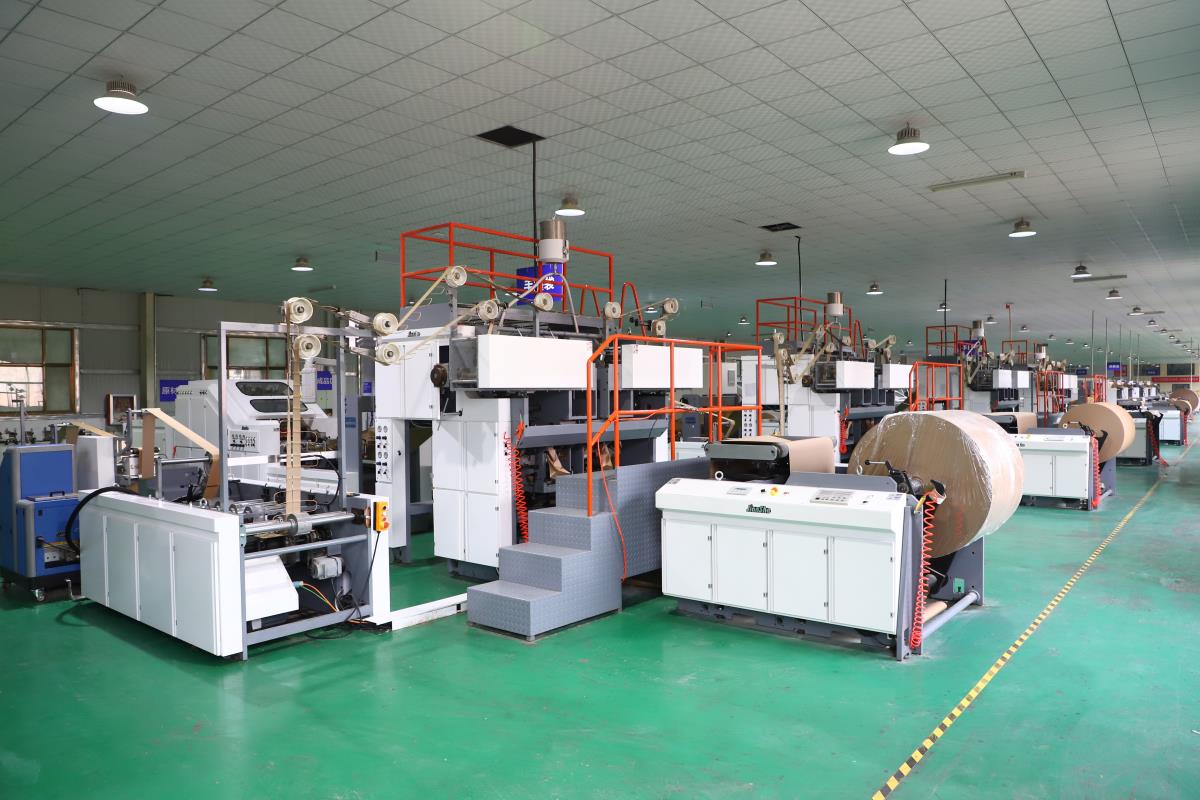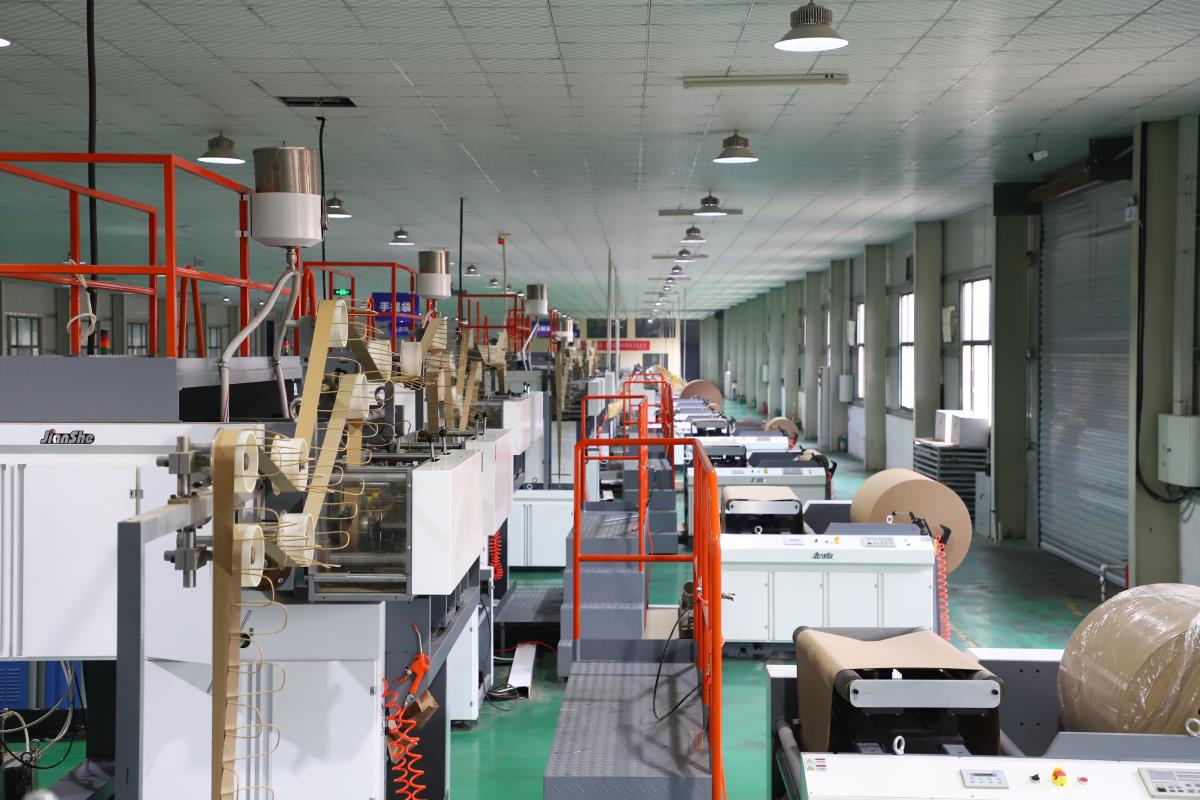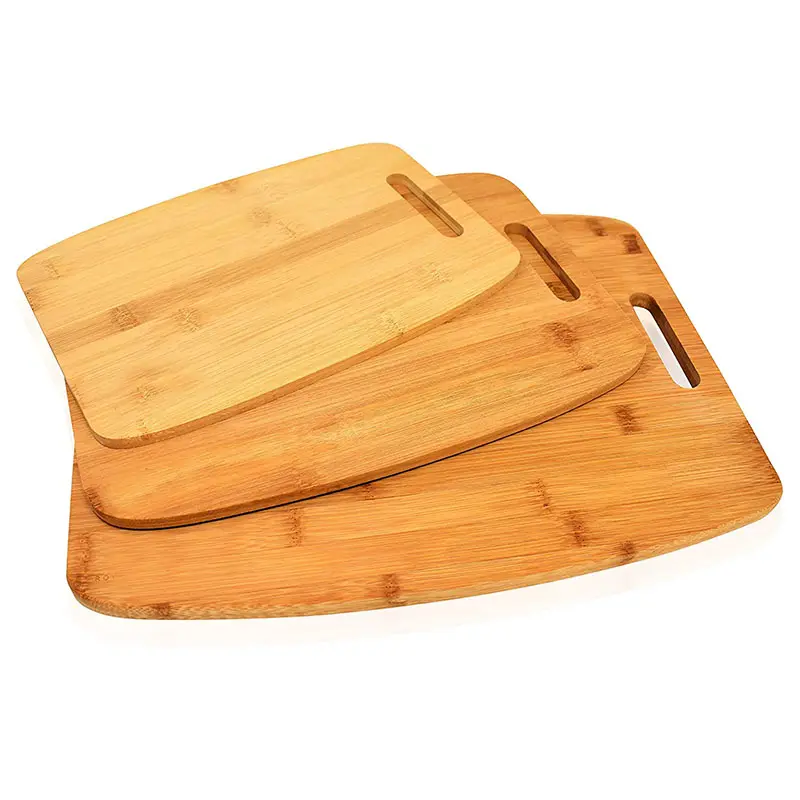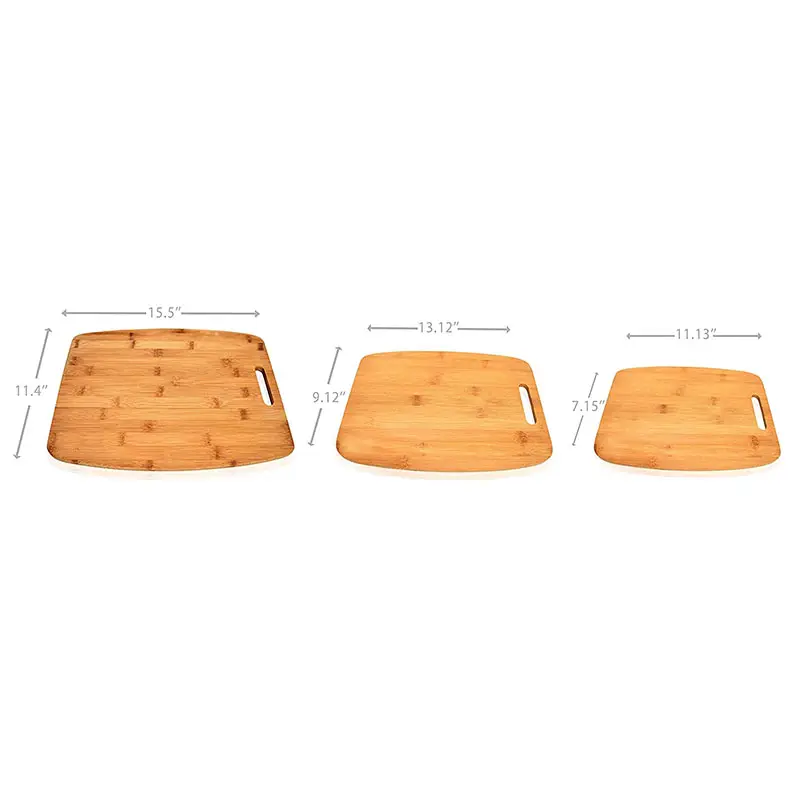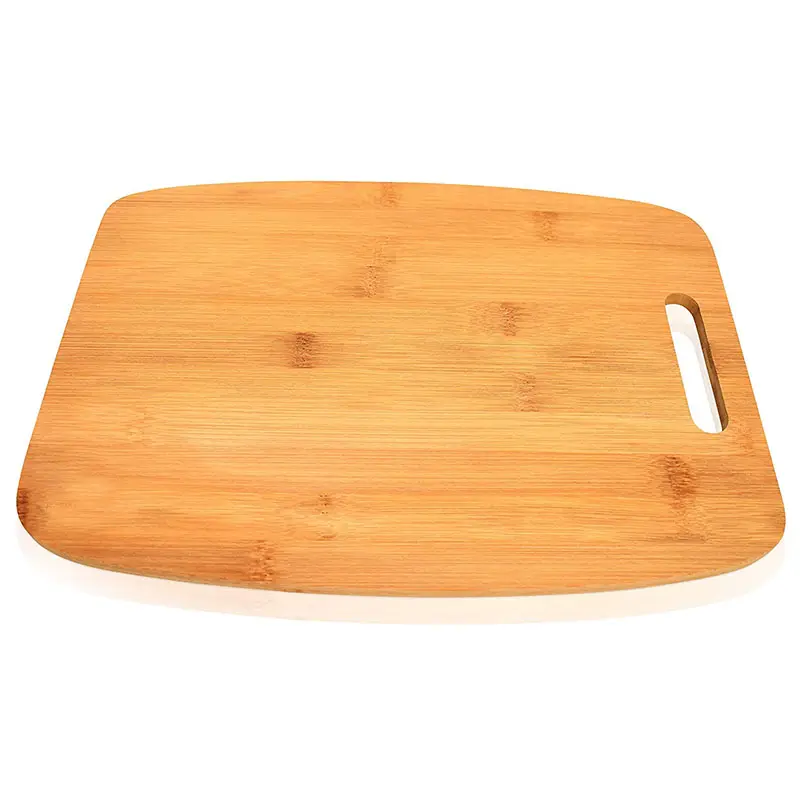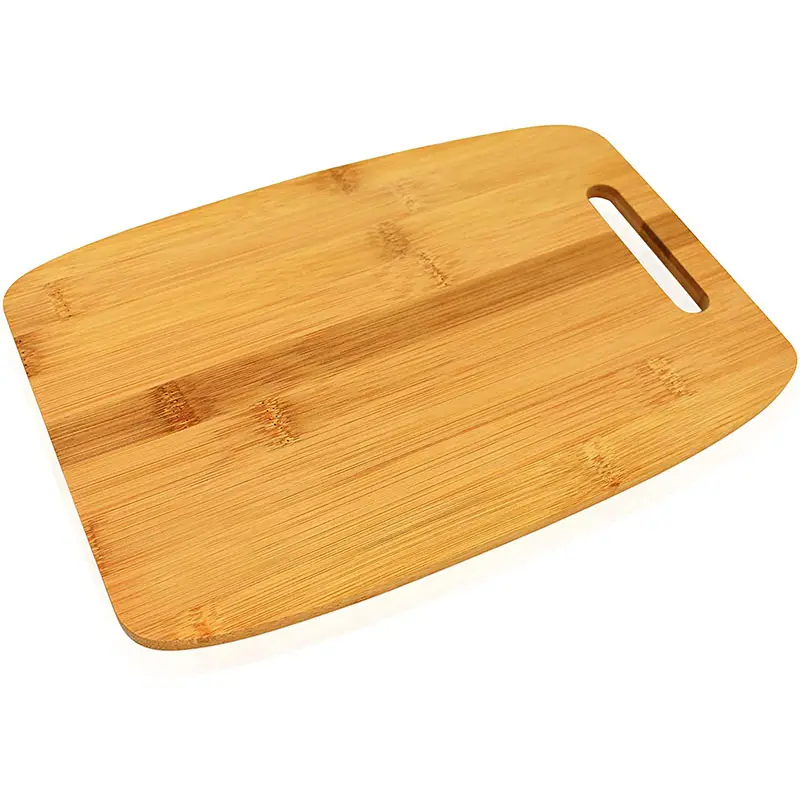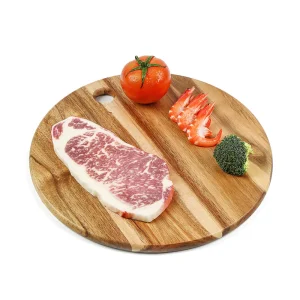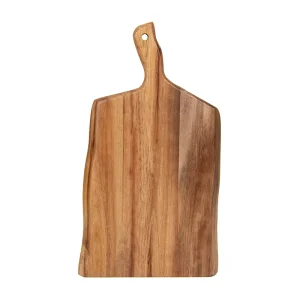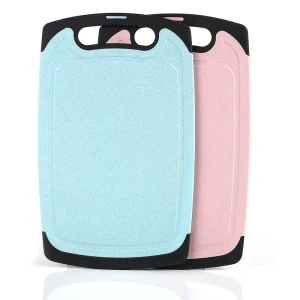Bamboo cutting boards have gained popularity as eco-friendly and sustainable alternatives in the kitchen. Made from the rapidly renewable bamboo plant, these boards are not only aesthetically pleasing but also offer several practical benefits.
One of the key advantages of bamboo cutting boards is their sustainability. Bamboo is a fast-growing plant, making it an environmentally responsible choice for those seeking to reduce their ecological footprint. Unlike hardwoods that may take years to mature, bamboo reaches maturity in just a few years, making it an easily replenishable resource.
Bamboo cutting boards are known for their durability. Despite being lightweight, they are harder than many hardwoods, providing a sturdy surface for chopping, slicing, and dicing. The natural density of bamboo makes it resistant to knife marks and less prone to warping or cracking.
Another notable feature is their knife-friendly nature. Bamboo cutting boards are gentler on knife blades compared to harder surfaces, helping to maintain the sharpness of your kitchen knives over time.
The antimicrobial properties of bamboo are beneficial for maintaining a hygienic kitchen environment. Bamboo contains natural agents that inhibit the growth of bacteria and other microorganisms, reducing the risk of cross-contamination.
Maintenance is relatively simple. Regular cleaning with mild soap and water is usually sufficient. To enhance their longevity, bamboo cutting boards can be treated with food-grade mineral oil or beeswax. This helps prevent the wood from drying out and cracking.
In summary, bamboo cutting boards offer a winning combination of sustainability, durability, knife-friendliness, and hygienic properties. Their versatility and eco-conscious appeal make them a popular choice for those seeking functional and responsible kitchen tools.
